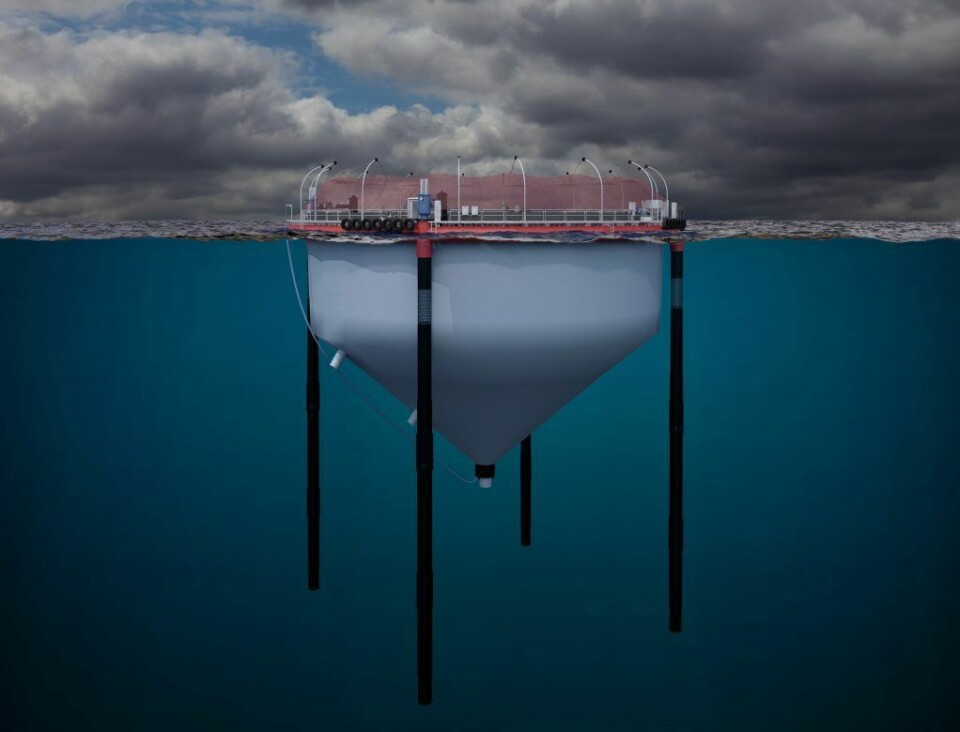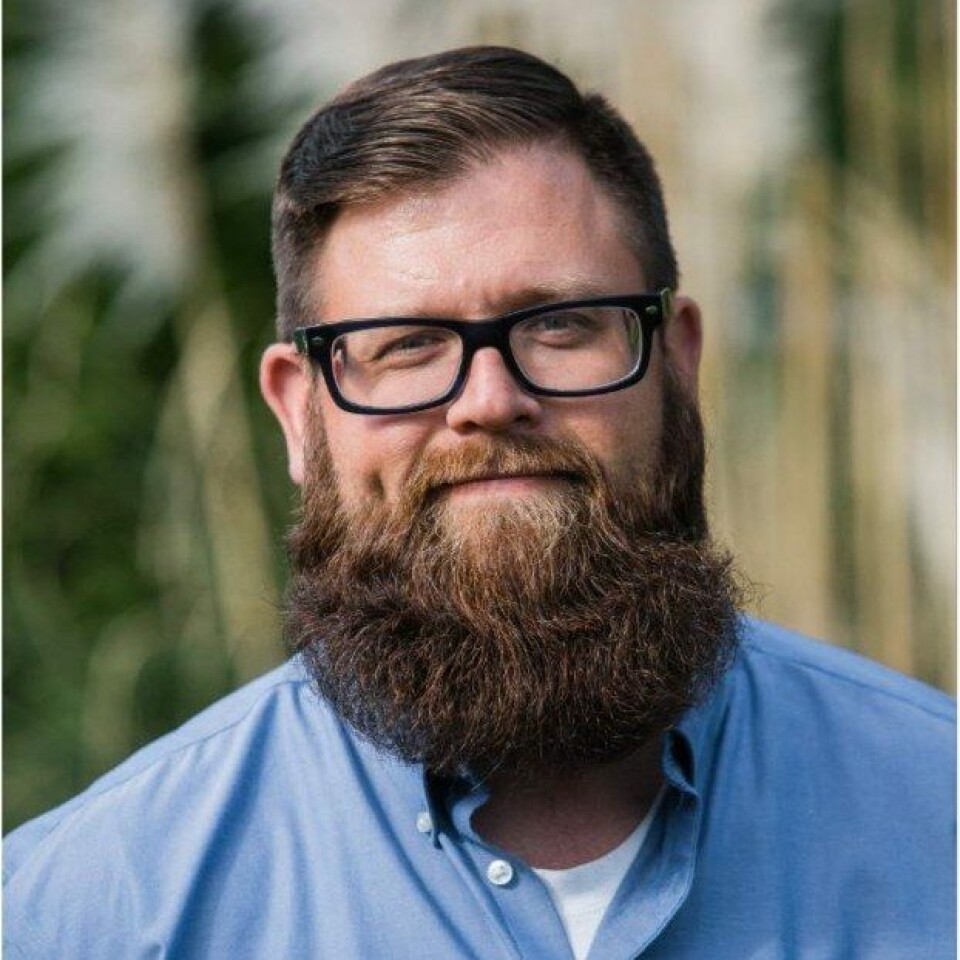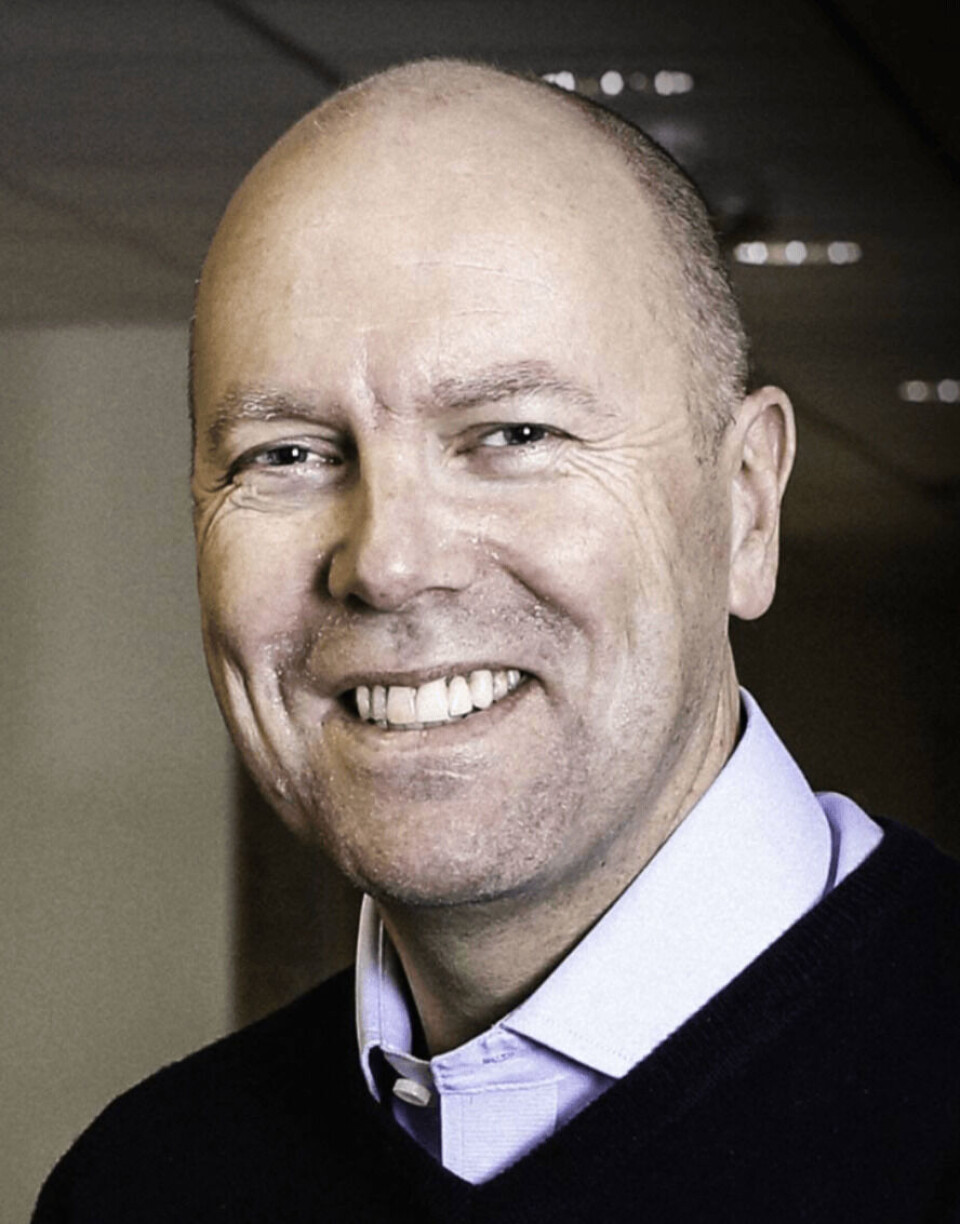
Cermaq ends SCCS trial early but will try again
Salmon farmer Cermaq Canada has called an early halt to a trial to grow fish to various sizes in a semi-closed containment system (SCCS) at its Millar site in Clayoquot Sound, Vancouver Island, British Columbia.
In a statement on its website, the company blamed a technical fault and related fish welfare problems but added that said it remained committed to innovation and testing new technology.
It intends to use the system again once a full investigation is completed and issues are resolved.

Post-smolts and harvest fish
Cermaq stocked the pen with 495,000 smolts with an average size of 100 grams in December last year. Two standard pens on the same site were stocked with smolts of the same weight, so they could be used as the control group against which Cermaq could measure the performance of fish in the SCCS.
The company’s plan was to make two transfers of fish from the SCCS into empty pens on the adjacent traditional farm system during the trial.
The transfers, at both 600 grams and 1.5 kilos, were to demonstrate the effectiveness of the system as a nursery, or a post-smolt facility.
A smaller group of fish were due to be left in the SCCS through to harvest at 5.5 kg in the spring and summer of 2022, but Cermaq decided to harvest them early because of problems with the system.

Immature technology
“SCCS is immature technology under development, therefore it is not surprising when you are trialling new technology you will run into challenges,” said Cermaq Canada’s fish health director Dr Peter McKenzie.
“This was our first attempt to grow fish of varying sizes in a semi-closed environment and unfortunately, due to water quality issues, fish performance was affected and resulted in fish mortality.”
Acquired knowledge
Cermaq Canada managing director David Kiemele said: “We have learned a lot from this experience and although this initial trial had been ended, the reason we went ahead with the trial last autumn was to learn how to grow various sizes of fish in this system. We have acquired important technical and operational knowledge and will use this to improve the performance of the SCCS in Canadian waters.”
The Certus 15000 SCCS, which has a capacity of 15,000m³, was supplied by Norwegian company Fiizk, which also supplied a 10,000m³ SCCS to Cermaq Norway in 2018. That system has been used successfully to grow post-smolts to 1kg, but never for grow-out.

Fully supporting Cermaq
“We are saddened by the early termination of the first SCCS trial at Millar Channel and have been working meticulously with the outstanding Cermaq team in Canada to address the water quality issues that have resulted at this installation,” said Fiizk chief executive Torstein Rønning in the statement on Cermaq’s website.
“Fiizk works diligently to resolve issues that may arise in our systems and are committed to further developing operations that result in optimal performance. Our dedicated team of engineers and fish health professionals are fully supporting Cermaq with their investigations.”
‘Innovation takes time’
Cermaq said that in addition to the environmental monitoring, regular fish health sampling was done which supported the finding of water quality stressors and has shown no signs of disease.
“Innovation takes time and successful innovation takes even longer. Cermaq is, and remains committed to learn, advance and investigate ways to further improve the sustainable salmon farming in our oceans now, and into the future,” said Kiemele.
Fiizk’s most recent SCCS orders have been for five Certus 15000s to Norwegian salmon farmer Sinkaberg Hansen and three to Faroe Islands salmon producer Hiddenfjord. Sinkaberg Hansen will use the SCCS to grow post-smolts from 120g to 2kg, and Hiddenfjord will grow post-smolts from 650g to 2kg.
Water filtration expertise
At the beginning of this month Fiizk announced that it had acquired water filtration expert AkvaFresh.
In land-based farming, AkvaFresh focuses on the filtration of intake water for increased biosecurity and to improve the quality of intake in recirculating aquaculture system (RAS) facilities.
For sea-based farming, AkvaFresh uses nanofiltration to deliver a water quality that gives optimal efficacy when bathing salmon against sea lice and amoebic gill disease. The technology also has the potential to be incorporated in Fiizk’s semi-closed containment systems.






















































